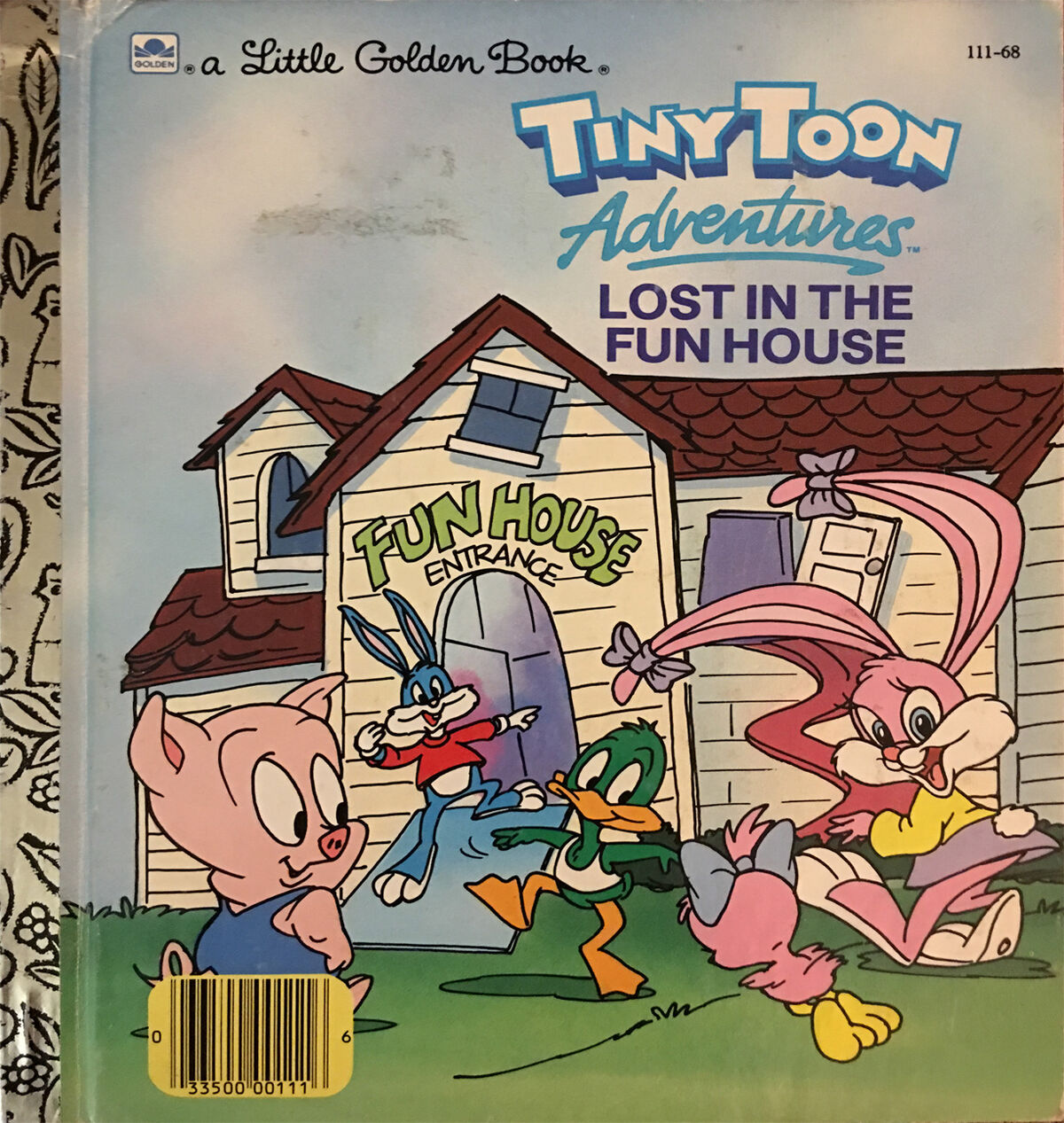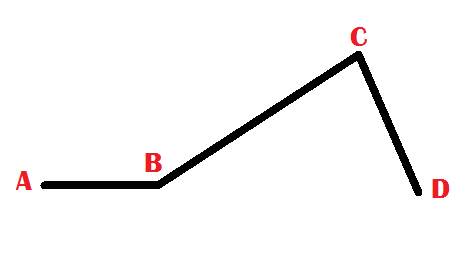Lost in the Funhouse is a short story collection by John Barth, published in 1968. The stories in the collection are known for their experimental style and unconventional narrative techniques, and they explore themes of identity, perception, and reality.
One of the most notable stories in the collection is the titular "Lost in the Funhouse," which follows the character Ambrose as he navigates a funhouse at a carnival. The story is written in a nonlinear fashion, with Ambrose's thoughts and observations scattered throughout the narrative. As he wanders through the funhouse, Ambrose becomes increasingly disoriented and unsure of his surroundings, and he begins to question his own identity and sense of self.
Throughout the story, Barth uses the funhouse as a metaphor for the complexities of human experience and the way that our perceptions of the world can be distorted and manipulated. The funhouse is full of mirrors, twisted corridors, and confusing illusions, and as Ambrose moves through it, he becomes increasingly lost and unable to distinguish what is real and what is not.
In many ways, the funhouse serves as a microcosm for the larger world outside, where our own perceptions and experiences can be just as distorted and unreliable. Barth's use of the funhouse as a metaphor highlights the ways in which we can become lost in our own thoughts and perceptions, unable to see the world around us clearly.
Overall, Lost in the Funhouse is a thought-provoking collection of stories that challenges readers to think about the nature of reality and the ways in which our perceptions can shape our understanding of the world. Through its experimental narrative style and unconventional themes, the collection offers a unique and thought-provoking exploration of identity, perception, and reality.
Lost in the Funhouse is a short story collection written by John Barth and published in 1968. The collection is known for its experimental form and playful, self-referential style, as well as its themes of identity and the role of the artist in society.
One of the most prominent themes in Lost in the Funhouse is the concept of identity. The stories in the collection often center around characters who are struggling to define themselves or find their place in the world. This is particularly evident in the title story, "Lost in the Funhouse," which follows a young boy named Ambrose as he navigates a funhouse at an amusement park. As Ambrose wanders through the twisted, disorienting corridors of the funhouse, he becomes increasingly lost and uncertain of his surroundings. This mirrors his own struggles with identity, as he grapples with the expectations and pressures placed on him by society and his own family.
Another important theme in Lost in the Funhouse is the role of the artist in society. Many of the stories in the collection explore the creative process and the relationship between art and the artist. In "Menelaiad," for example, the story is told from the perspective of the muse of the Greek hero Menelaos, and delves into the role of inspiration in the creation of art. "The End of the Road" also touches on this theme, as it follows a young man named Augie who is struggling to find his place as a writer.
Overall, Lost in the Funhouse is a thought-provoking and deeply imaginative collection of short stories that explores themes of identity, creativity, and the human experience. Its experimental form and self-referential style add to its appeal and make it a memorable and distinctive work of literature.







